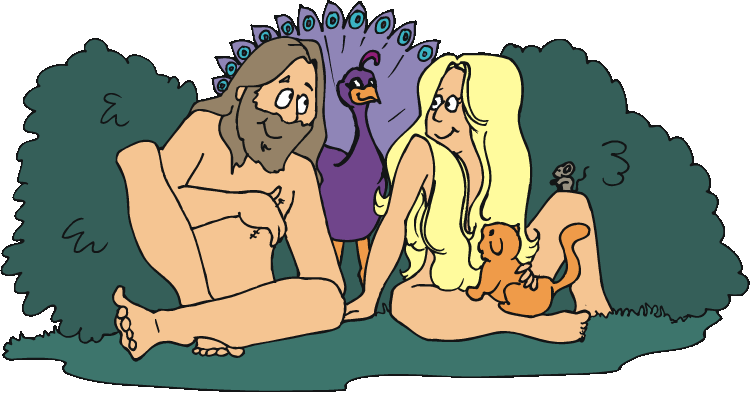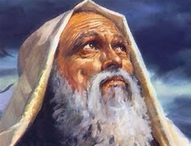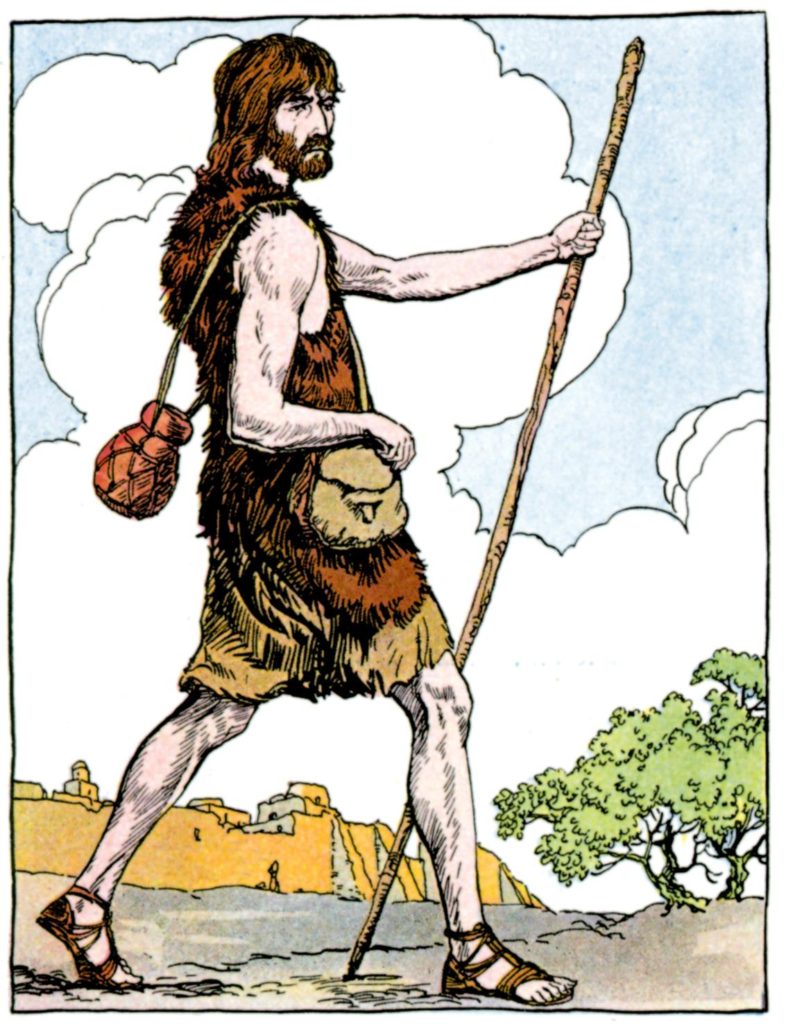
What Does It Really Mean to Be a “Fool” for Yeshua?

When it comes to being a “fool” for Yeshua, we need to ask ourselves some questions to more fully understand what’s behind such a radical concept. These questions included: Why were you born? What is you purpose in life? Why did YHVH Elohim, the Creator of all things, make you in his image? These are serious questions that few people pause long enough from the frenetic lives to which they are enslaved to ponder. Most people are so occupied living their daily routines, pursuing their dreams or just trying to survive that they never take the logical next step—a giant leap for many folks—and ask themselves these hard questions. The biblical answers to these questions is simple. You were created with in divine destiny. That is to replicate Elohim on this earth and to help expand his kingdom here below. Do you have an inner sense of this divine mission deep in your heart and mind? Sadly, most people do not. Acquiring this understanding, no, this passion, is a key to confronting the tidal wave of evil that is presently enveloping the globe as it endeavors to snuff out the last vestiges of light and Truth.
A Historical Overview

Back at the beginning in the book of Genesis in the garden, YHVH gave the first humans some marching orders which were instrumental in expanding his kingdom on earth. Critical to establishing the kingdom of Elohim was his command for man to get married and to procreate—to replicate himself (Gen 1:28; 2:24). Marriage and family is an essential building block of YHVH’s kingdom and to expanding it. Next, Elohim instructed the first man to make a home for his family and to have pets, that is, to tend and keep the garden and to take care of the animals in it (Gen 1:28; 2:15, 19). After that, YHVH instructed man to walk in his paths of righteousness by not eating the fruit of the tree of knowledge and by communing with his Creator on a personal level (Gen 2:17; 3:8). The weekly seventh day Sabbath, a day of physical rest, spiritual regeneration and relationship building, was instrumental in YHVH’s kingdom building plans as well (Gen 2:1–3). All of these instructions are fundamental to YHVH replicating his kingdom and government on this earth. But there’s more.
Not all families would teach their children and grandchildren the ways of Elohim. Down through the ages, many humans would be born into spiritual darkness and raise their children in it as well. This is because YHVH created humans to have the freedom to choose to follow him or not. Most have chosen the latter.

To remedy this problem YHVH plucked a man called Abraham out of the spiritual darkness of ancient Babylonia and gave him the light of his Truth. He then gave Abraham many righteous offspring who were commissioned to take the light of that Truth to the nations of the world (Deut 4:5–8; Isa 49:6 cp. 60:1–3). This nation was called Israel, and YHVH placed that nation smack dab in the land of Canaan,which is geographically and strategically located where the trading routes of three continents all meet—Africa, Europe and Asia. Sadly, the nation of Israel failed in their divine-mandated evangelistic mission to spread the good news of the kingdom of Elohim to the surrounding nations. Elohim knew this would happen because he knows that humans are weak and sinful, so now he fell back on his main plan to evangelize the world—to send his only begotten Son to complete the mission.
Because humans failed in their mission to spread the good news of Elohim’s kingdom to their children, friends and neighbors and to the world, out of deep love for humanity, Elohim sent his only Son, Yeshua the Messiah, to raise up followers who, with the inner dynamo of his Set-Apart Spirit, would fulfill the mission that Adam and the descendants of Abraham failed to do.

In preparation for the advent of the Messiah, YHVH sent John the Immerser to preach the message of “Repent [from sin] for the kingdom of Elohim is at hand” (Matt 3:2). This gospel of the repenting of sin or lawlessness (i.e. Torahlessness, see 1 John 3:4) and coming under the rule of the kingdom of Elohim is the same message that Yeshua the Messiah preached (Matt 4:17, 23; Mark 1:15), and that he commissioned his disciples (then and now) to preach as well (Matt 10:7). This message of the kingdom of Elohim is the essence of Yeshua’s Great Commission command to his disciples to preach the gospel to all nations (Matt 28:18–20; Mark 16:15–18). To fulfill this commission was Yeshua’s last command to his disciples before he ascended to heaven (Acts 1:8), and that command still stands to this day and applies to all disciples of Yeshua including you and me. These were last marching orders of the saints’ Commander and Chief, the Captain of Our Salvation before he left this earth, and these orders still stand!

At the same time, the demonic spirit of Antichrist is in direct opposition to the advancement of the YHVH’s kingdom on this earth. Satan the opposer and adversary to Elohim and his kingdom has been at his game from the beginning, since he manifested himself as a snake in a tree in the garden to oppose the will and commands of the Creator. This is why these evil forces are so opposed to marriage, family, the people of Israel, Yeshua the Messiah and the Bible and its followers. This is because Satan is the god of this world, and he is the ruler of all of its kingdoms. He knows that his time is short, that his gig as the ruler of this world is almost up, and that Yeshua the Messiah is about to return to destroy his kingdom—called Babylon the Great—and to capture and imprison him for eternity. Until then, Satan is pulling out all of the stops to prevent the kingdom of Elohim and its King—Yeshua the Messiah and his followers—from replacing him.
Enter the Great Commission
So where does that leave you and me in this cosmic struggle between good and evil, between the kingdom of Elohim and the kingdom of Satan? What is our divine mandate as obedient disciples of Yeshua?
On the table before us is the last set of orders that Yeshua, or Commander and Chief, the Captain of our salvation handed down to us.
Continue reading






